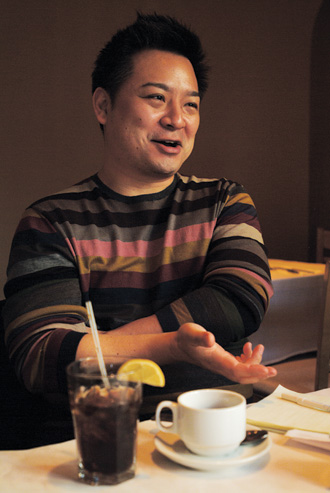By Michelle Woo
Some might say this is simply an issue of semantics. But early news reports of the Virginia Tech gunman’s name had an impact on how the public perceived him.
Several major news outlets, including the Associated Press, The Washington Post and Reuters, initially reported that the 23-year-old student’s name was Cho Seung-Hui, with the surname written first as is the practice in Korea. It was the name given to the media by police and school officials. But as documents surfaced, including class assignments, a speeding ticket and a mental health form, it became clear that it would be more accurate to use Seung-Hui Cho or just Seung Cho.
Still, perhaps to avoid confusion, journalists continued to write and pronounce the name the original way. This decision came with consequences. Tack on the Korean-formatted name to the flurry of headlines crammed with racial identifiers such as “South Korean national” and “resident alien,” and suddenly, in the nation’s view, the person who had just committed the deadliest shooting in U.S. history was a foreigner.
Lee Ann Kim, an anchor and reporter at KGTV in San Diego, an ABC affiliate, said that when she tried getting her station to switch to the American format, she met resistance from producers. “I guess they all assumed he was like a foreign exchange student or more ‘Korean,’ if that makes sense,” Kim said.
One wonders if Cho had followed the practice of many other immigrants and used an Anglo name like “Steve” or “Sam,” if there would have been any confusion as to which name to put first. Four days after the massacre, Cho’s sister issued a statement regarding the tragedy and referred to her brother as Seung-Hui Cho. Eventually, some media outlets switched to the American format.
It was something the nation had to come to terms with: Cho was an American killer.






